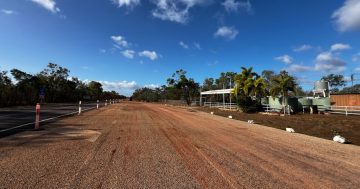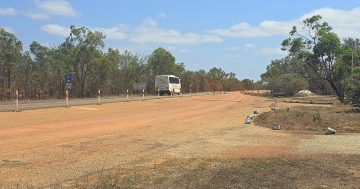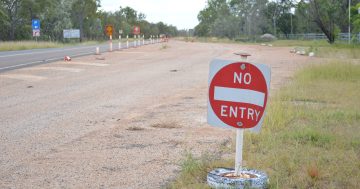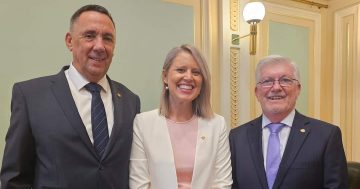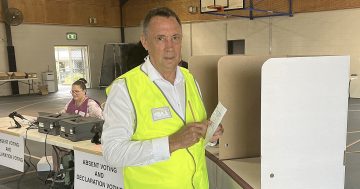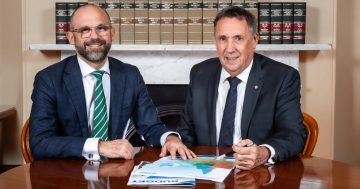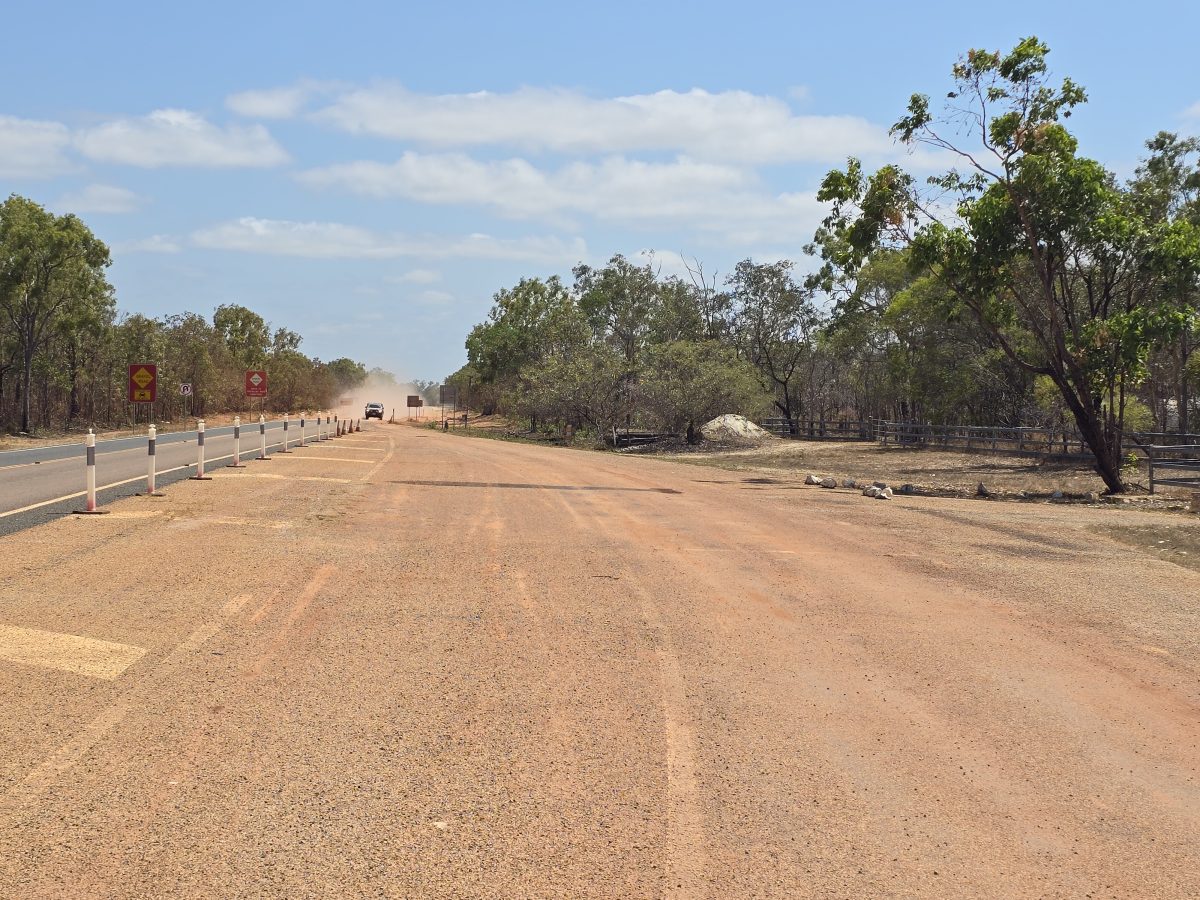
Editor Lyndon Keane says the LNP needs to provide less slogans and more details on its $50 million election pledge to boost biosecurity, which currently feels as empty as the now inspection shed-free site of the former Cape York Biosecurity Centre at Coen. Photo: Cape York Weekly.
It’s difficult to take the Liberal National Party’s (LNP) $50 million election promise to boost biosecurity seriously when any attempt to elicit information about the plan is met with vague one-liners and campaign slogans that have been repeated ad nauseum.
Opposition Leader David Crisafulli – who has seen himself as the state’s rightful premier for at least a decade since he served in the shadow of former LNP leader Campbell Newman – made the announcement he would commit the funding to beef up biosecurity in early September, but there has been little-to-no effort to make it more than a hollow election promise since then.
When we asked the LNP how it intended to roll out the strategy, which includes a pledge to reopen the Cape York Biosecurity Centre at Coen, the response was so nebulous it would have had even the most jaded political spin doctor rising in a standing ovation.
The major problem with the plan is a simple one: the State Government no longer owns the infrastructure at the Coen site, having handed it back to the Southern Kaantju Traditional Owners more than 12 months ago. Worse still, the former inspection shed has since been demolished and relocated, meaning the facility is now almost as bare as the LNP’s plan.
Let’s not beat around the bush: it’s not just the LNP which has less-than-believable biosecurity credibility, especially when it comes to the remotest parts of Queensland.
Labor’s position on biosecurity was made abundantly clear when the government shuttered the Coen facility in mid-2023 under the reign of then-premier Annastacia Palaszczuk.
Little has improved since Premier Steven Miles took on the top job, with Minister for Agricultural Industry Development and Fisheries Mark Furner showing zero interest in biosecurity anywhere in the state, let alone on Cape York.
As I see it, there are four possible ways for the LNP to successfully reestablish a biosecurity presence on Cape York and once again make it a government priority.
The first option is to negotiate some form of agreement with the Traditional Owners to resume control of the Coen site. It’s not currently being used, and sources familiar with it say it’s not likely to be anytime soon, meaning it will fall into further disrepair. Any agreement will almost certainly come at a premium, which will need to be added to the cost of building a new inspection shed to replace the one removed a few months ago.
Option two is to construct another facility in the same general vicinity as the former site, a feat requiring planning mastery when one takes native title determinations around Coen into account. Again, this plan will cost millions of dollars of taxpayer funds in legal fees and construction costs, and delay the reestablishment of a Cape York biosecurity presence by years as government and land council lawyers enter the fray.
The third possibility is to find an alternative site along the Peninsula Developmental Road, but the remoteness of Cape York means any facility is ostensibly going to have to be near a town to effectively staff and support it. Dr Kevin Dunn told this publication he couldn’t see it being positioned anywhere else but around Coen and he should know – he’s the one who led the project to establish the original Cape York Biosecurity Centre in 1999 and says the spot was chosen “very deliberately”.
The final option is that the LNP is just using the $50m plan as nothing more than an election promise it has no intention in ever bringing to fruition. If the party doesn’t win the election, the pledge can be scrapped with the myriad other promises made since campaigning kicked off. If Mr Crisafulli moves into the premier’s office with a majority government, it can also go in the shredder without any real blowback, given Queenslanders won’t have a chance to retaliate until 2028.
The Opposition Leader has four options for his plan to bulk up biosecurity on Cape York. Three of them will come at what one suspects will be a significant cost to taxpayers, while the fourth will put our agricultural, fishing and tourism industries at risk by continuing to use biosecurity as a rapidly-deflating political football.
Perhaps this would have been clear to Mr Crisafulli had he deemed it important to visit Cape York even once before voters go to the polls on 26 October.


